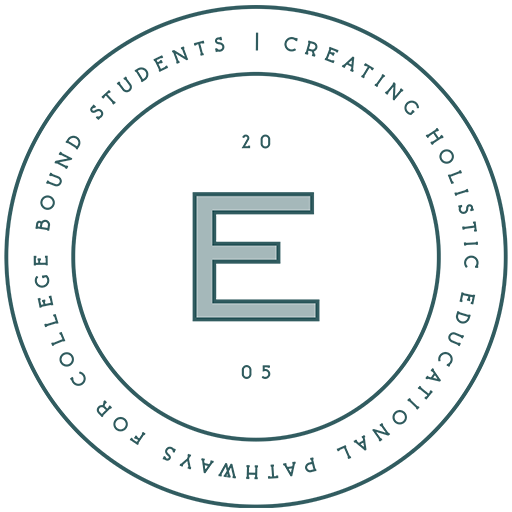The college admissions process is stressful. Students are bombarded with the pressure and expectation that they will have top scores, an abundant activity list, and write a personal statement that will blow everyone away. In my college educational consulting practice, I find that most parents and students are confused and bewildered by the abundance of information. As a top consultant in the field, I strive to provide researched-based and timely information so that students are informed with accurate advice. This month, I have been exploring the topic: What are colleges looking for? In last week’s post, we explored the topic of DRIVE as one of the traits that admissions directors seek. The student’s job is to PROVE these traits by aligning personal narratives to the qualities inherent in Drive. Students who prove drive tell stories such as:
Examples of DRIVE
- When I didn’t make the volleyball team, I joined rock climbing and now I climb 2 x’s a week and compete on a traveling team.
- I struggled in Chemistry and instead of switching to the easier class, I started meeting with my teacher during her office hours.
- I wanted to place in speech and debate so I found a mentor to work with me and now I am placing-and striving to place in nationals.
What is Intellectual Curiosity?
- Intellectually curious students spend their free time learning for the fun of it, challenging their own views, and pondering new ideas.
- These students will go above and beyond their coursework to gain a deeper understanding of the subjects and topics that interest them, such as by going on to the internet to learn more.
- They love finding unique connections between their areas of interest and formulating new ideas.
Why does Intellectual Curiosity matter?
- Colleges know that students who are deeply interested in a subject or topic are more likely to succeed in classes, contribute to the college community, and be successful after graduating.
- They want to empower intellectually curious students to make an impact on their chosen field.
Top 10 Tips to Prove Intellectual Curiosity
- READ, READ READ. Students who read are more interesting and have more to say about the world.
- Listen to podcasts to expand interests and passions.
- Subscribe to magazines on topics that pique interest.
- Documentaries are a great way to dig deeper beyond the classroom walls.
- Sign up for academic programs in the summer that inspire and inform.
- Write an opinion piece for the local newspaper and submit it for publication.
- Secure an internship in an area of interest.
- Get to know teachers and meet with them on a regular basis.
- Engage with a mentor and pursue a research project.
- Keep track of all your efforts in a spreadsheet as many colleges require a list of how a student has pursued their interests.




